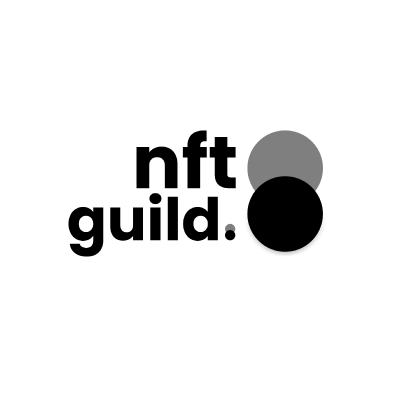
IN THIS LESSON
Open policies enable you to evolve your NFT collections. Add new pieces, explore new themes, reward collectors, upgrade assets, and stay responsive to your community.
An open policy is a minting policy that remains open indefinitely. This means you can continue to mint additional NFTs under the same policy even after the initial sale or release, as well as burn tokens if needed. Open policies offer creators a high degree of control, making them ideal for dynamic and evolving NFT projects. Tokens can be added or retired from circulation as needed, which is ideal for collections that are intended to grow or change over time.
Why Use Open Policies
With the ability to issue new tokens whenever needed, creators can keep their communities engaged by releasing new items, updates, or variations. This continuous innovation can help maintain interest and relevance. Creators can respond to market demands or shifts in community interests by introducing new tokens or modifying existing ones. This adaptability can be crucial for projects that rely on community feedback and interaction.
Considerations for Open Policies
One potential downside of an open policy is the risk of over-saturating the market. Without a fixed limit on the number of tokens, there is a possibility that too many tokens could dilute the value of individual items, potentially harming the collection's perceived rarity and value. Collectors must trust that the creator will not abuse the open-ended nature of the policy by minting an excessive number of tokens. Clear communication about the intended use and governance of the policy will help maintain this trust.
Potential Use Cases for Open Policies
Growing Collections: Expand an art series, a line of collectibles, or a set of digital trading cards.
Artistic Projects with Phases: Artists can release different phases or series of their work over time without needing to create a new policy for each release.
Rewards and Incentives: Issue loyalty tokens, unlockable content, or experience-based upgrades for holders, adding value and incentivizing collector engagement.
Community-Driven Projects: Engage your audience by allowing them to influence the collection's development through voting mechanisms, contests, or special events.
Subscription-Based Models: Explore recurring revenue models by offering tokens that unlock perks or access for a limited duration.
Upgradeable Assets: Create NFTs that can change over time through gameplay, rewards, or even the burning of other NFTs as power-ups.
Gaming Items: Developers can use open policies to issue new game items, characters, or rewards as the game expands or updates.
Technical Implementation
Most minting services and development tools support the creation of open policies. Implementing an open policy involves setting up a minting script without a time lock condition. This ensures that the script remains valid indefinitely, allowing for the minting and burning of tokens at any point in the future. While there's no way to close an open policy later, you can always opt to stop minting further NFTs under it – the choice remains yours.
Key Points:
Open policies allow you to evolve your NFT projects over time. Add new artworks to an existing series, expand a set of collectible characters, or experiment with new content formats.
Adapt an open policy collection in response to community feedback or your own evolving artistic vision.
Retain the ability to shape the size, theme, and direction of your collection well into the future.
While open policies might reduce the 'classic' rarity of individual NFTs within a collection, they can create new value propositions, such as unique benefits for early adopters or special rewards tied to long-term participation.
Conclusion
Open policies offer a versatile and dynamic approach to managing digital assets on Cardano. They are particularly well-suited for projects that require ongoing development and interaction with their audience. However, the decision to use an open policy should be made with careful consideration of the project’s goals, community trust, and market implications. By choosing open policies, creators embrace flexibility and continuous innovation, prioritising trust and long-term value for their communities.
